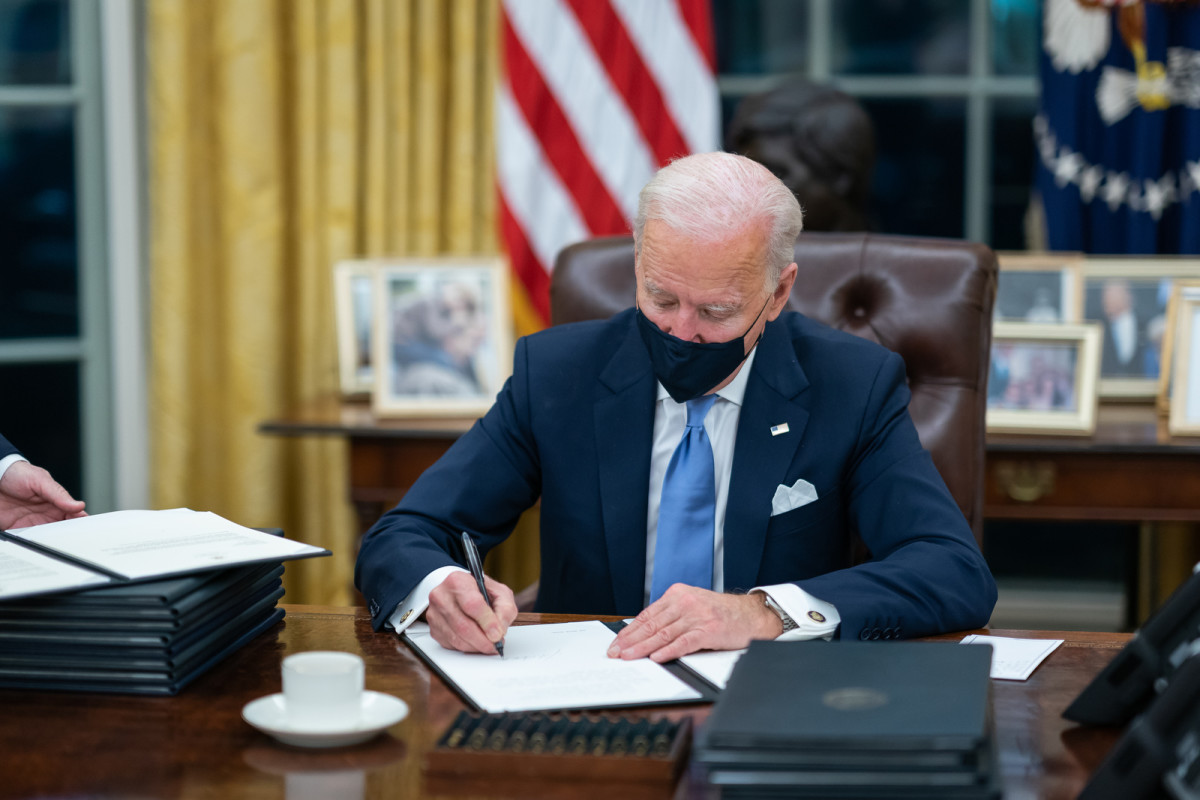AI, elections, and the erosion of trust


In an environment dominated by technological advancements, the intersection of artificial intelligence (AI) and elections presents unprecedented challenges globally. As more than 50 countries, including major democracies and politically sensitive regions, prepare for general elections in 2024, concerns are rising about the misuse of AI, restrictions on internet freedom, and the spread of disinformation.
Deploying AI in democratic processes has sparked a dichotomy in opinion. On the one hand, there is optimism about optimizing socially relevant processes, but on the other hand, there is great concern. Concerns primarily concern the potential to manipulate the will of voters, including the impact of adaptive social bots, manipulation of individual voters, and misuse of data. This has raised concerns that outside intelligence agencies could leverage AI to interfere in elections. Although there are aspirations for AI to contribute to the welfare of society, its perceived threat to democracy remains an ongoing debate.
Legislative Action: Balancing or Suppressing Democracy?
Recent legislative measures in countries such as Bangladesh, Pakistan and Indonesia have raised concerns that they could increase censorship and undermine the integrity of the electoral process. Bangladesh’s enactment of a cybersecurity law was criticized as simply changing the name of the Digital Security Act, while in Pakistan, a law amendment giving authorities broad censorship powers was frowned upon.
In Indonesia, the amendment to the Electronic Information Transaction Act, which criminalizes the spread of ‘false statements’, is being criticized as being vague and overly broad. These measures, ostensibly aimed at maintaining order, have raised concerns about the ruling party’s control over news and information, potentially limiting press freedom and public access to accurate election-related information.
Deepfakes and the Liar Dividend
The rise of deepfakes, especially in the area of election misinformation, poses a significant threat to the integrity of the democratic process. The ability to create persuasive AI-generated content and blur the lines between reality and manipulation raises questions about its impact on public trust. Examples of deepfakes targeting politicians, such as a doctored video depicting Ukrainian President Volodymyr Zelenskiy surrendering to Russia, demonstrate the potential misuse of AI to create virtual narratives. The so-called ‘lie dividend’ phenomenon, triggered by the existence of generative AI, further amplifies suspicion and suspicion, reducing trust in election-related information.
As the world navigates the complex web of AI, elections, and the erosion of trust, the stakes for democracy have never been higher. With the 2024 elections in which major countries such as the United States, India, and Russia will participate, the need for strong measures to address the challenges posed by AI is growing even stronger. AI’s potential impact on democratic processes is not limited to borders. This reverberates around the world, affecting trust and confidence in information, elections and democratic governance.
The evolving AI landscape and its impact on elections requires proactive action to ensure the integrity of the democratic process. Striking a balance between leveraging the benefits of AI and mitigating its potential threats remains a formidable challenge for countries around the world. As technology advances, protecting democratic principles becomes increasingly important. The global community must collaboratively address these challenges to strengthen the foundations of democratic governance.
Source: https://www.cryptopolitan.com/challenges-ai-elections-and-erosion-of-trust/



